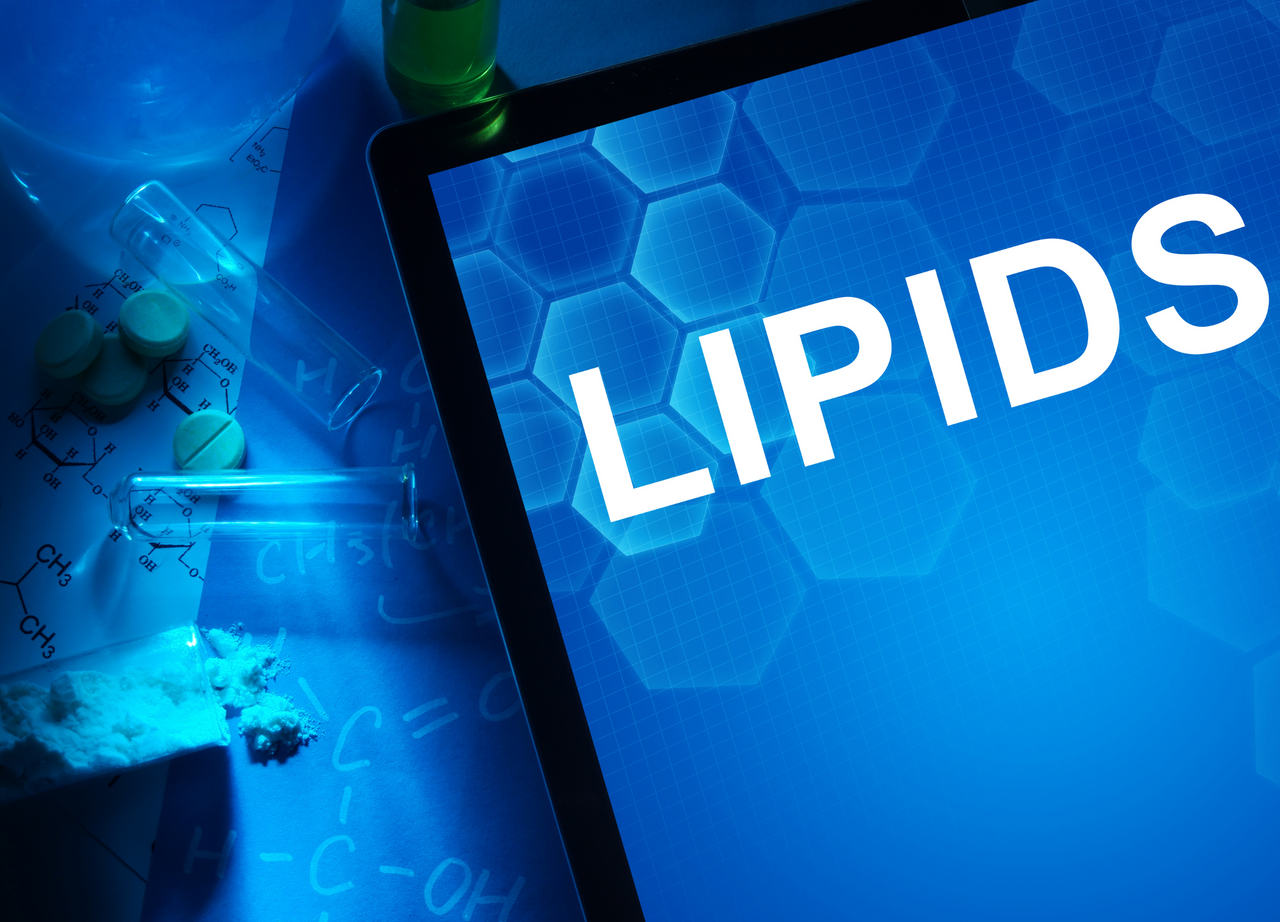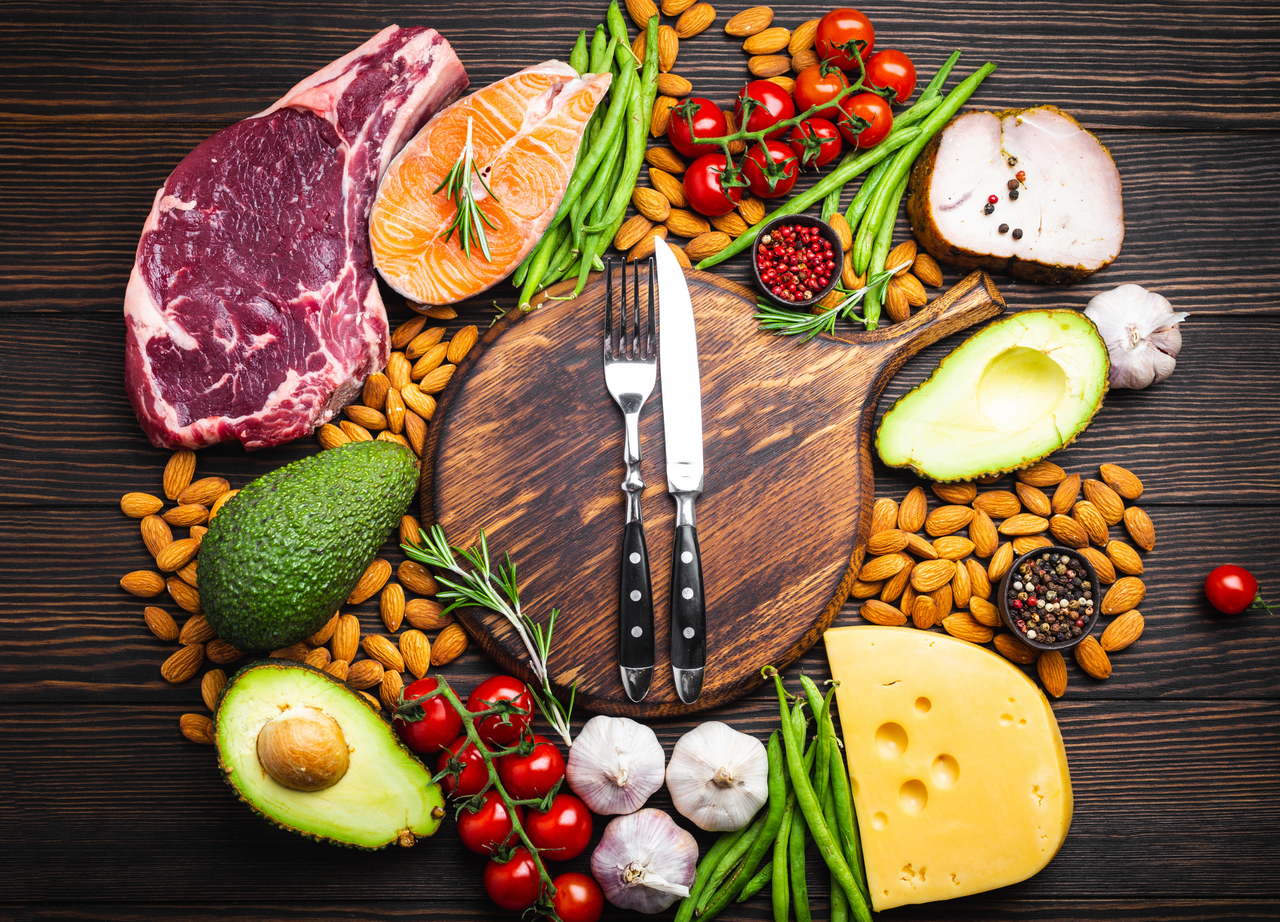Glowing skin comes from within... It's so important to heal the body, starting with the gut, in order to glow from the inside out. Dr. Nigma Talib, naturopathic doctor, aesthetician and best-selling author of Reverse The Signs Of Ageing and Younger Skin Starts In The Gut is answering all of our gut and skin related questions to help create the glow. She explains the gut-brain-skin connection and how certain foods can affect the skin, along with some of her best-kept skin care and healing tips.
What is the gut-brain-skin connection?
The gut is designed to help us digest food, absorb nutrients, keep the foreign invaders or opportunistic bugs out, and even encourage the production of compounds like the neurotransmitter serotonin, among so many other powerful functions. If the gut suffers so will the brain, if your gut is out of balance so will your feel good hormones. We have 100 trillion bugs in our gut and through diet, lifestyle and supplements, we can cultivate optimal health, if we feed them the right way, with real foods that are anti-inflammatory and rich in fiber.
How does a poor diet and poor gut health affect the gut and skin?
A Poor Diet is Bad for Your Skin
Skin health, and acne in particular, are tied strongly to diet. Acne is caused by inflammation and oxidative stress which we get from diet and environmental pollution. Sugar raises insulin levels, which promotes the production of testosterone in women, and inflammation in general, causing acne. Saturated and processed fats increase arachidonic acid levels and compete with omega-3 fats in the body, leading to more inflammation and acne. Milk and dairy consumption is closely linked with acne (and many other skin and health problems) in part because of the hormones (including growth hormone) in dairy and because of the saturated fats. High-sugar milk chocolate can increase acne by increasing inflammation, but dark chocolate does the opposite.
Leaky Gut and Food Allergies Cause Acne
Leaky gut triggers the release of inflammatory substances into the bloodstream that damage the skin. It overloads the entire body systematically, affects the liver by preventing it from processing hormones correctly and lowers the levels of nutrients absorbed via the gut.
What types of supplements should one add to their daily routine to help heal the gut to promote better skin?
Probiotics, Multi vitamin, zinc, B Vitamins, Vitamin d and Magnesium.
What are your most recommended tips to tackle aging from the inside out?
Always trying to find the true root cause of my patients’ problems rather than just treating their symptoms with a plaster-like approach. I realized at this point that all of the evidence was pointing to one thing behind the premature aging—and many of the other health and skin issues my clients were complaining of—and that was poor digestive function. This might surprise you; after all, how can something that goes on deep inside the body, far, far away from your face reflect how old you look or how healthy your skin appears? But it didn’t surprise me. The gut is the control center of the body, the place where health and death begins. Whatever happens in the gut will show up in the skin and dictate the health of your entire body.
Please explain your skincare healing process and how each step helps to promote beautiful skin.
Healing the gut is absolutely the most fundamental step to fight premature aging, and it needs to be well underway before you start any of the other plans that follow. Because it is so important, I suggest you follow the tips below for four weeks at the very least, but ideally two or three months. That may sound like a long time, but Rome wasn’t built in a day and, in body terms, your gut is more akin to a universe than a city like Rome! It will take time to bring it back into balance, and the higher your level of digest-aging, the longer it is going to take. I know that might sound frustrating, particularly in a world where we are used to quick-fix promises and immediate gratification, but it could have taken many years for your body to reach the level of digest-aging that you are affected by, so it will take more than the blink of an eye to reverse that.
Clear: The first step in making over your gut is to remove anything doing it harm—you can’t try to fix something that’s continuously being attacked
Correct: Once you’ve removed the things that might be disrupting the bowel, it’s time to replace things that you might be lacking
Protect: The final step is to treat the gut in ways that actively promote restoration and repair. You want to heal the gut, not just mask all the symptoms you’ve been experiencing up until now.
Please explain your ‘4 faces’ (gluten, dairy, sugar and wine) and how these faces affect the skin and how you feel.
Gluten Face
•Blemishes on the forehead, puffy cheeks and jowls—your face looks like you’ve gained weight, redness and/or red spots on the cheeks and/or blemishes or darkened patches on the chin
The most important reason to avoid gluten is celiac disease. If you feel you get symptoms when you eat gluten, it’s essential to rule this out as it can lead to some serious health problems if left undiagnosed. Ask your physician to test you. However, testing negative for celiac disease does not mean that gluten is not causing reactions in your system. Research is identifying an emerging group of people who aren’t celiac, but who do have a definite reaction to gluten. This was first shown in trials at the University of Maryland, 6 which found that genes and the guts of some people have a definite negative reaction to the presence of gluten (just in a different way from those with confirmed celiac disease) and experts are now calling this problem non-celiac gluten sensitivity. It’s estimated to affect six times more people than celiac disease. Clinically I can also tell you that gluten is affecting most, if not all, the patients I see with digest-aging.
Dairy Face
•Swollen eyelids, under-eye bags, darkness under the eyes, widespread acne and blemishes, pale cheeks and/or blemishes around the chin area
It develops because as we age, we lose the enzymes that allow us to digest lactose effectively. This causes stomach upsets soon after drinking milk. But you can also be intolerant to proteins in milk, and this can be harder to spot, as it’s more likely to cause those varied inflammatory symptoms. If you have Dairy Face, though, there’s a good chance that you have issues with milk protein rather than lactose. Some people might also find they lose color in the cheeks or develop a rough texture around the area. Additionally, dairy causes hormonal changes in the body, particularly rises in insulin and imbalances of estrogen, which show up on the skin in the form of fluid retention. This is responsible for the puffiness and dark circles we see in Dairy Face.
Wine Face
•Pronounced lines or blemishes between the brows, droopy eyelids, pronounced fine lines and wrinkles under the eyes, dehydrated skin with feathery lines across the cheeks, visibly enlarged pores, a reddish skin tone, and/or deep nasolabial folds
I call these symptoms Wine Face, as wine is the most common alcoholic drink consumed by my patients who have this, but it can be triggered by any kind of alcohol. It occurs for many reasons—for starters, alcohol dehydrates the skin, which always worsens the look of fine lines and wrinkles. Alcohol is also high in sugar, which triggers the skin to sag—something you often see first in the thinner skin around the eyes. Darkness under the eyes is a sign in TCM that the kidneys are overloaded, which would be the case when they are struggling to process alcohol. The blemishes or lines between your eyes signify an overload of your liver meridian, which also commonly occurs if you drink more than is good for you.
Sugar Face
• Sagging under the eyes, lines and wrinkles on the upper forehead, blemishes all over the face, particularly pustular/cystic acne, gaunt look to the face, thinning of the skin, and/or dark grayish or pasty white hue to the skin
Diets full of sugar—and highly refined carbohydrates, which turn quickly to sugar in the system—are a major problem for skin health and contribute to premature aging. Sugar also reduces the microcirculation to the skin; it compromises cell turnover and I’ve even found it affects the fat distribution in the skin. After a while, people who eat a lot of sugar actually get a gaunt look because their face loses the fat that keeps it looking plump. The more sugar you eat, the faster your skin will age—it can make someone in their 20s look 40.
Why do you recommend removing these 4 food groups from your diet to promote better skin?
These harmful products can have a negative impact on aging and other chronic medical conditions. To protect your immune system, you must limit your consumption of sugar, gluten, cow’s milk dairy and processed foods.

What are the most important skin care products one should use daily?
Start with a skin-boosting serum: Serums target specific problems in the skin. I have clinically researched a number of cutting-edge ingredients commonly used in the formulation, and because these ingredients are so good at creating youthful skin, I have implemented them with my patients accordingly. Depending on their skin type and their skincare goals, I might prescribe patients just one of these or a combination, which can create a great synergy of ingredients. Apply a cream or serum containing hyaluronic acid, remember this is the main molecule involved in ensuring the skin stays hydrated. Levels fall as we age, but using it topically helps counteract that.
Moisturize: The job of any moisturizer is to add hydration to the skin’s uppermost layer. When this is well hydrated, more water is attracted into the skin, and less is shed from the upper layers. The added layer of moisture that moisturizer provides also increases the amount of light reflected from the skin’s uppermost layer—that’s why skin can look instantly healthier when you apply moisturizer.
Use an eye cream: The skin under the eye is the thinnest in the body and the first area many of us see the signs of aging. You absolutely must treat it and I particularly like to use creams containing growth factors in this area. Growth factors help stimulate fibroblasts, the cells that make collagen. I particularly like products with copper tripeptide as this has good evidence behind its action and is naturally found in the skin.
When it comes to topical skincare, there’s one absolute must-use for protecting the skin: sunscreen. UV damage is the number one cause of extrinsic aging, and it’s estimated to account for 80 percent of all premature aging. UV rays trigger the destruction of collagen and elastin, they cause inflammation, and they can contribute to excessive pigmentation and poor skin tone.
Why is it important to exfoliate the skin?
Proper exfoliation removes the barrier of dead skin cells clogging the skin and uncovers fresh new cells below. This opens the way for moisturizing products to penetrate more deeply into the skin, which makes them more effective. Most experts advise that you exfoliate two to three times per week — as long as your skin can handle it.
Why is it important to make lifestyle, supplement and skincare product adjustments in order to promote youthful skin?
Skin has been reported to reflect the general inner-health status and aging. Nutrition and its reflection on skin has always been an interesting topic for scientists and physicians throughout the centuries worldwide. Vitamins, carotenoids, tocopherols, flavonoids and a variety of plant extracts have been reported to possess potent anti-oxidant properties and have been widely used in the skin care industry either as topically applied agents or oral supplements in an attempt to prolong youthful skin appearance.
How can we keep our skin looking glowing and fresh during the hot summer?
Come summer and your skin takes a toll because of the harsh heat. Times like these, it calls for special attention to avoid looking dry and dull. Besides following a strict beauty regime – face wash, scrubs, toners, sunscreens – it is also important to maintain a healthy routine. First, drink six to eight glasses of water ever day as it helps in flushing out toxins. Secondly, avoid eating preservatives, packaged foods/ junk food. It not only creates deficiency of nutrients, but also leads to toxins in the body. Instead, eat food rich in vitamins and minerals. Avoid sodas, aerated drinks and packaged juices completely. Replace these with healthy and natural substitutes like coconut water, electrolyte rich water and herbal teas.
What is your top health tip?
Meditation is the key to managing cortisol. Follow the tips in my book Younger Skin Starts In The Gut and Reverse The Signs of Ageing to consolidate some amazing changes. I hope you’re now inspired to take control over your own destiny to improve the health of your skin and your body as a whole.





